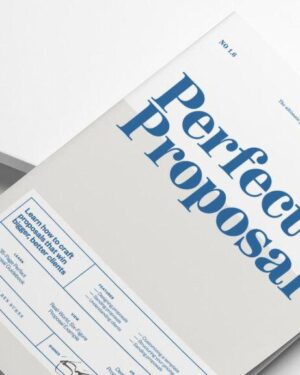
Practical Enterprise JMS Playbook
This Course is available for download now. You can contact us for Screenshots or Demo. Access for this course will be sent on google drive. Join our telegram channel to see updates and occasional discounts. If you want to pay through Paypal or Card contact us – On Telegram Click Here or contact on Mail – [email protected]
Description
Practical Enterprise JMS Playbook
Practical Enterprise JMS Playbook
MP4 | Video: AVC 1280×720 | Audio: AAC 44KHz 2ch | Duration: 1.5 Hours | 319 MB Genre: eLearning | Language: English
JMS is a core Java technology and is the heart of many enterprise applications. This course will teach you how to use JMS in an enterprise setting, including standard JMS functionality as well as using JMS in a Spring and JEE environment.
At the core of a lot enterprise grade Java applications is a JMS compliant messaging system. In this course, Practical Enterprise JMS Playbook, you’ll learn how to use JMS within an enterprise, not only focusing on on the JMS APIs themselves, but also what other tools can aide you. First, you’ll examine some techniques for creating performant and scalable JMS applications. First, you’ll see examples of how to use some of the more advanced techniques and JMS features. Next, you’ll discover how to avoid lots of boiler plate code and use existing frameworks such as Spring and JEE. When you’ve completed this course you will have the foundational knowledge of JMS that will help you as you apply your skills in an enterprise environment. Software required: Apache Maven, Apache ActiveMQ, WildflyAt the core of a lot enterprise grade Java applications is a JMS compliant messaging system. In this course, Practical Enterprise JMS Playbook, you’ll learn how to use JMS within an enterprise, not only focusing on on the JMS APIs themselves, but also what other tools can aide you. First, you’ll examine some techniques for creating performant and scalable JMS applications. First, you’ll see examples of how to use some of the more advanced techniques and JMS features. Next, you’ll discover how to avoid lots of boiler plate code and use existing frameworks such as Spring and JEE.


